All Courses
Explore our complete collection of professional MEP engineering courses
Browse All Courses
7 courses available
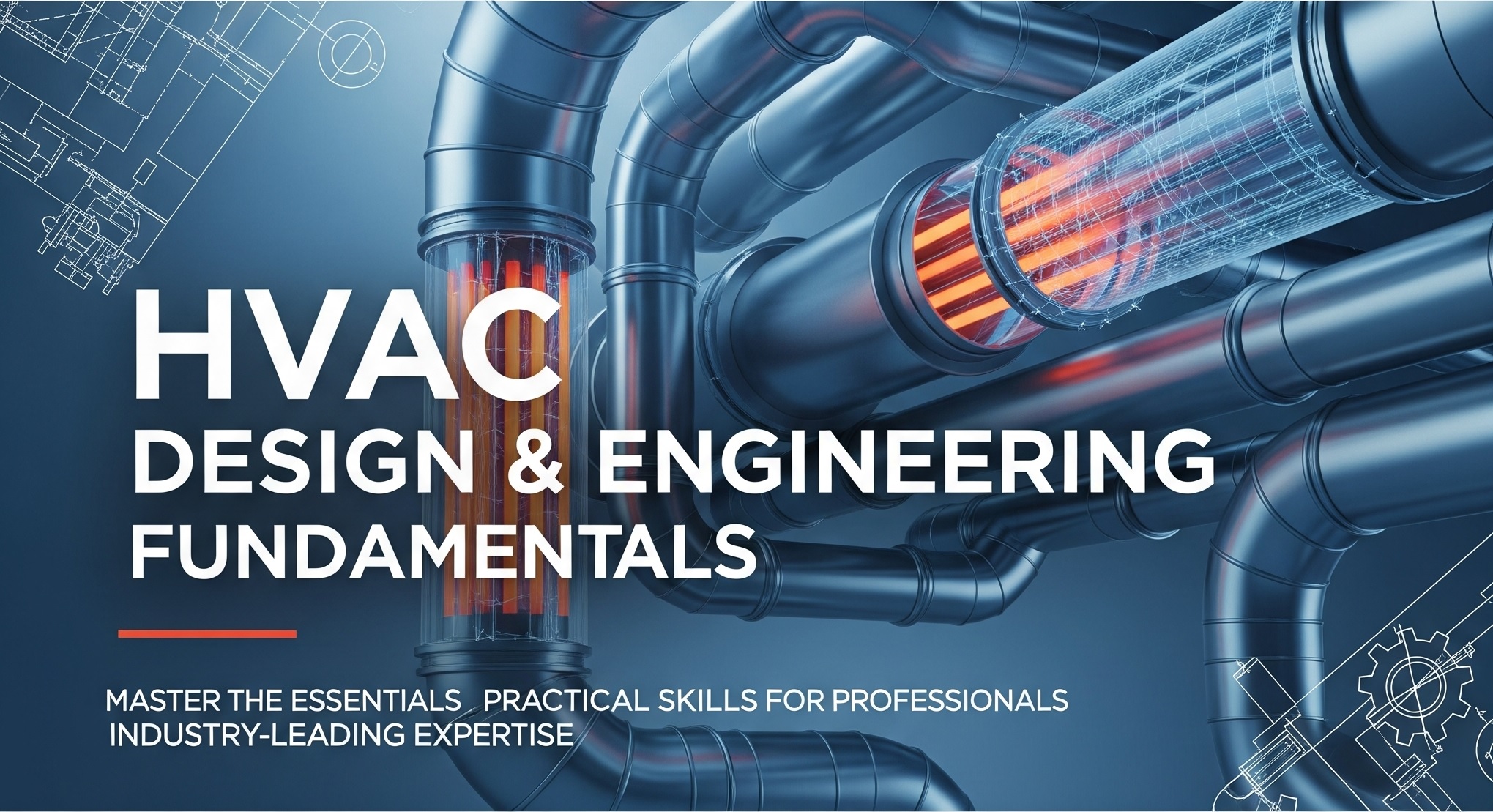
HVAC Design & Engineering Fundamentals
This course provides a solid foundation in HVAC design and engineering. Students will explore the essential principles of thermodynamics, psychrometrics, and airflow, before moving into practical applications such as heating/cooling load calculations, ductwork and piping design, and equipment selection. The course also covers codes and standards, energy efficiency strategies, and troubleshooting basics. By the end, learners will have the skills to design and evaluate HVAC systems for residential, commercial, and industrial buildings.
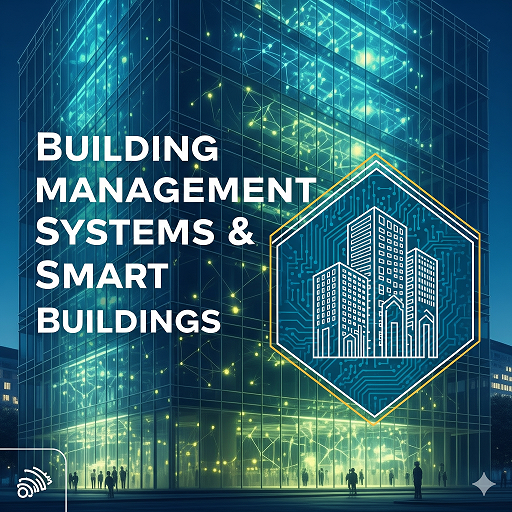
Building Management Systems (BMS) & IoT in MEP
This course introduces learners to the essential concepts of Building Management Systems (BMS) and their integration with IoT in Mechanical, Electrical, and Plumbing (MEP) applications. You will explore how BMS improves building comfort, energy efficiency, and safety by controlling HVAC, lighting, fire, plumbing, and security systems. The course explains BMS components such as sensors, controllers, actuators, and interfaces, followed by practical applications in HVAC, lighting, and fire safety. In addition, the course highlights the role of IoT in smart buildings, energy dashboards, and predictive maintenance. International standards (BACnet, Modbus, ISO 50001) and real-world case studies from Dubai and Saudi Arabia are included to provide practical context. Each module includes examples, diagrams, and quick quizzes to reinforce understanding. By the end of this course, learners will have a clear foundation in BMS and IoT concepts for MEP, enabling them to understand, monitor, and optimize building systems effectively.
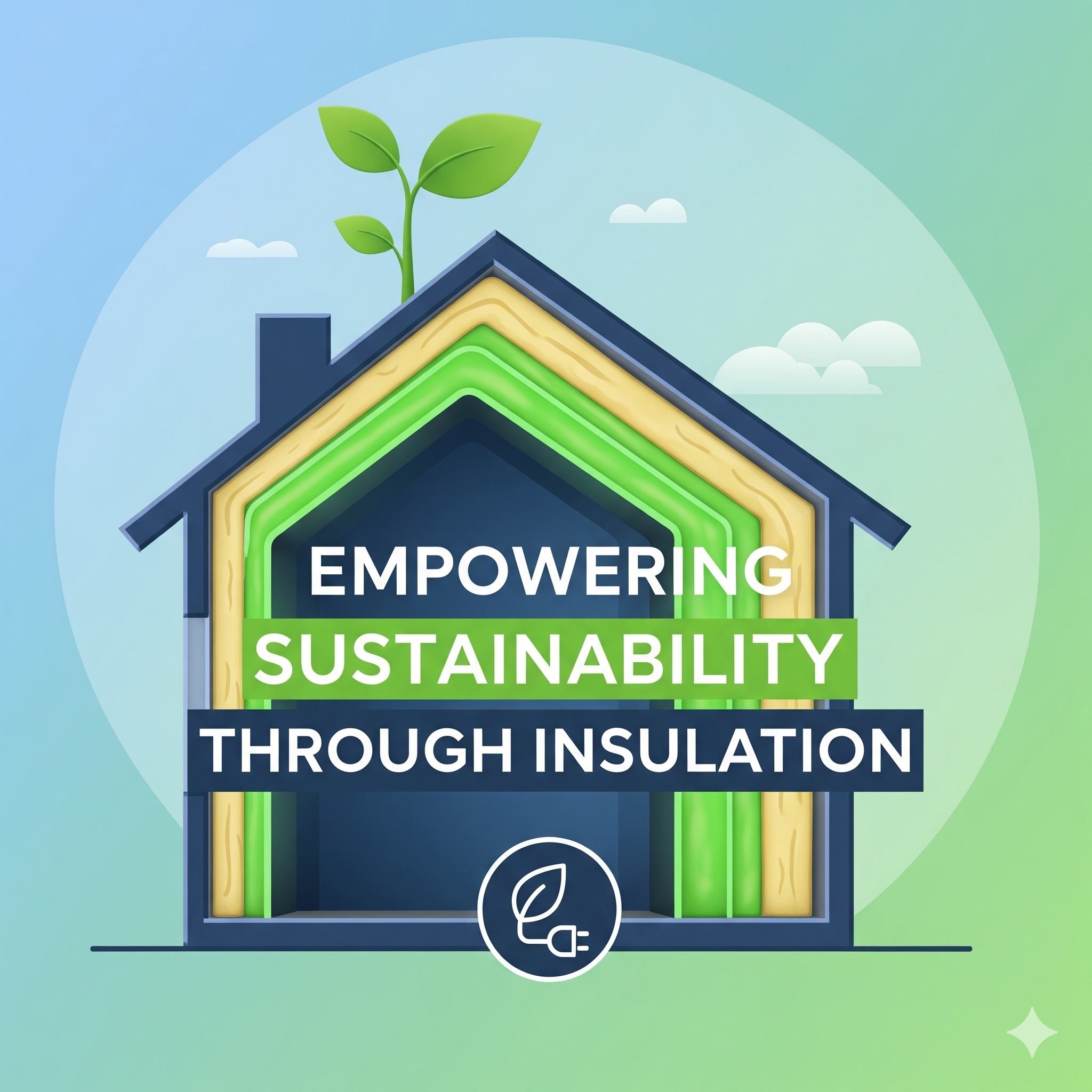
Empowering Sustainability Through Insulation
This course explores the critical role of insulation in driving sustainability across the construction industry. You’ll gain insights into sustainable development principles, the UN’s Sustainable Development Goals (SDGs), and how insulation products contribute to environmental, economic, and social well-being. The course covers green building standards, air quality considerations, and Environmental Product Declarations (EPDs). Learners will also explore innovative recycling technologies for elastomeric insulation and understand how manufacturers can integrate sustainable practices into product design. By the end of this course, participants will be equipped with the knowledge to make informed decisions that support sustainable construction and reduce environmental footprints.
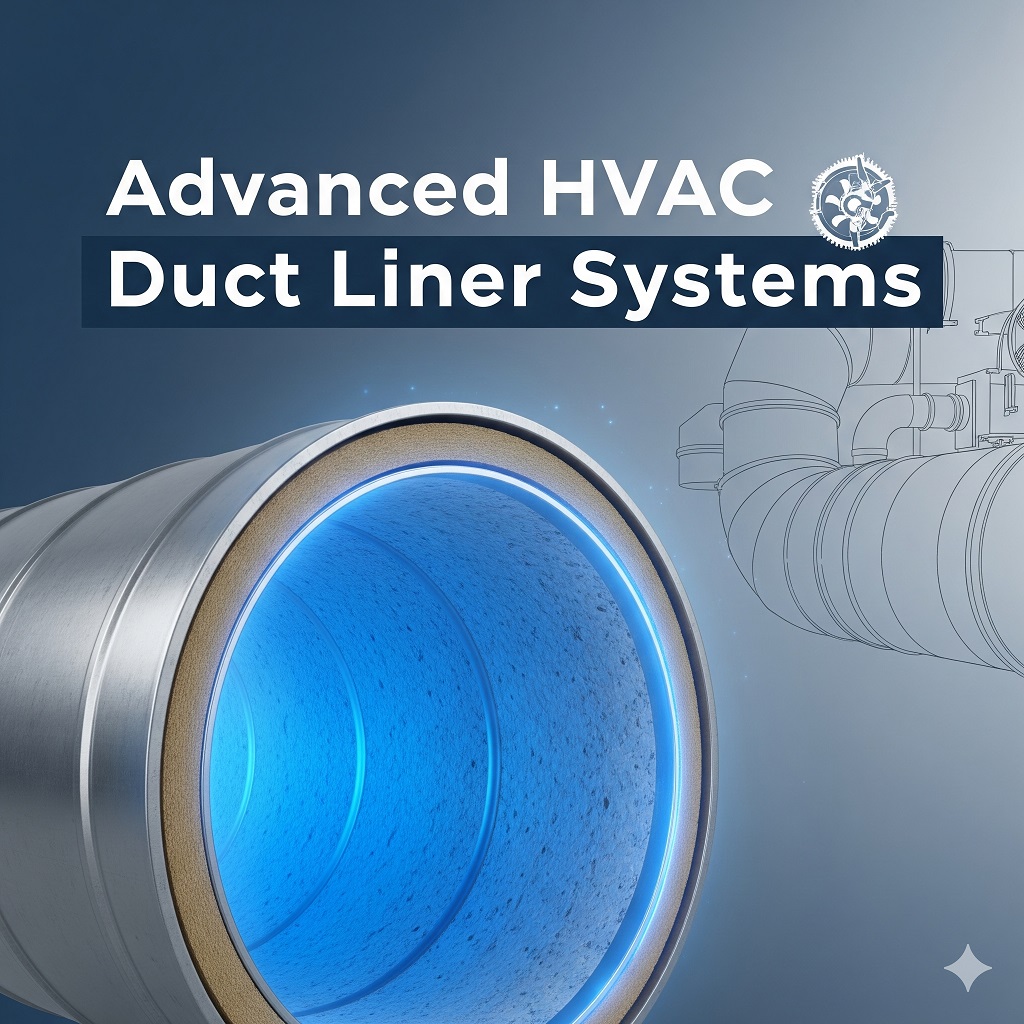
Advanced HVAC Duct Liner Systems
This course provides a comprehensive study of Gulf-O-Flex closed-cell elastomeric foam duct liners through real-world case studies. Students will explore the science of sound absorption, moisture resistance, microbial prevention, and sustainability in HVAC systems. A detailed comparison with fiberglass insulation highlights performance stability, health impacts, and lifecycle costs. The course also covers installation techniques, project references, and third-party certifications, equipping engineers, contractors, and consultants with the knowledge to specify and implement duct liners that ensure long-term efficiency, superior indoor air quality, and reduced environmental impact.
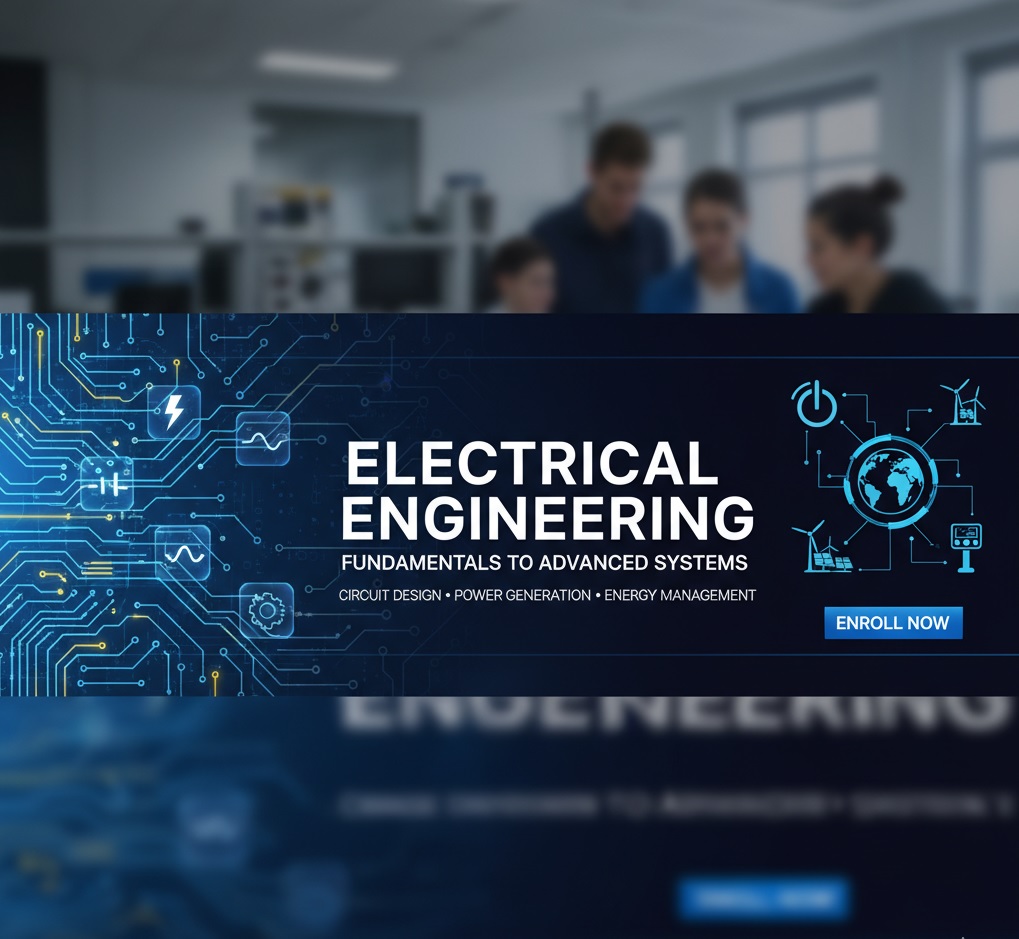
Electrical Engineering Fundamentals
This course provides a deep understanding of the fundamental concepts of electrical engineering, from the basics of current, voltage, and resistance to advanced topics such as AC/DC analysis, power generation, and energy management systems. Students will gain both theoretical knowledge and practical insight into real-world electrical systems. Through engaging modules and lessons, learners will explore circuit design, electrical measurements, transformers, motors, and renewable energy integration. By the end of the course, participants will be ready to apply electrical engineering concepts in professional or academic environments.
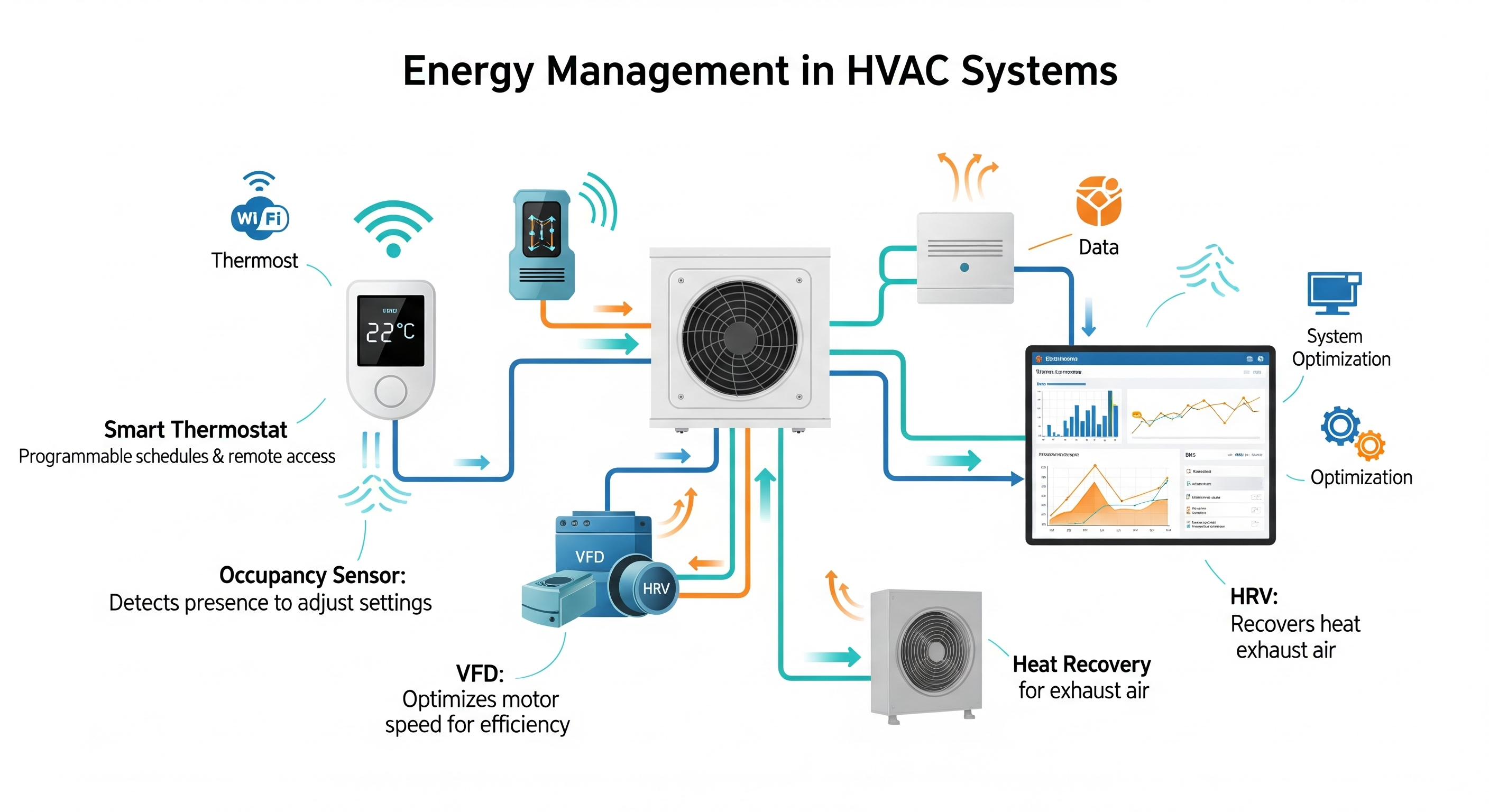
Energy Management in HVAC Systems
This course provides an in-depth understanding of energy management practices in HVAC systems. Students will explore how to optimize system performance, reduce energy costs, and comply with green building standards. Topics include energy audits, load reduction, equipment efficiency, smart controls, renewable energy integration, and case studies from real-world projects. By the end of this course, learners will be able to design and manage HVAC systems that meet both comfort and sustainability goals.
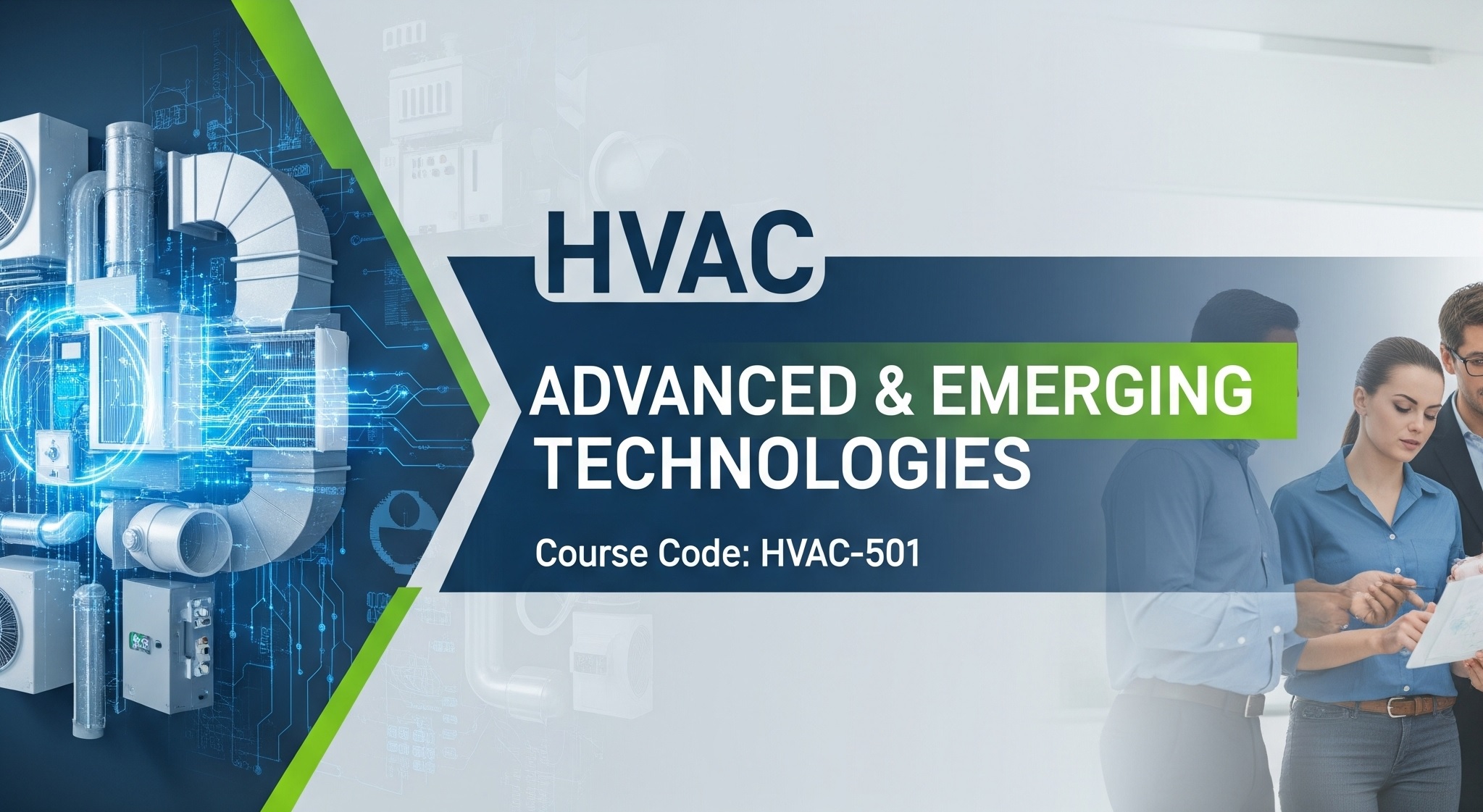
HVAC Advanced & Emerging Technologies
This course provides in-depth knowledge of advanced and emerging HVAC technologies transforming the industry. Students will learn how smart IoT-enabled systems, AI-driven predictive maintenance, renewable energy integration, and advanced air quality solutions are reshaping building environments. The course also explores low-GWP refrigerants, global regulatory changes, digital twin simulations, and sustainable large-scale cooling solutions. By the end, learners will gain the skills to design, evaluate, and optimize HVAC systems for high performance, energy efficiency, and sustainability in modern buildings.